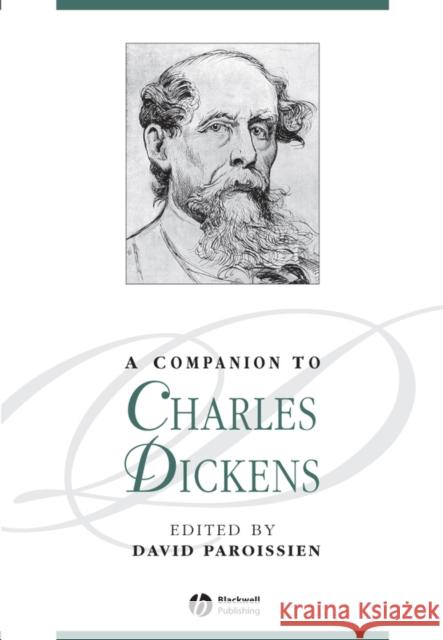A Companion to Charles Dickens » książka
topmenu
A Companion to Charles Dickens
ISBN-13: 9780470657942 / Angielski / Miękka / 2011 / 544 str.
A Companion to Charles Dickens concentrates on the historical, ideological, and social forces that defined Dickens's world.
- Puts Dickens's work into its literary, historical, and social contexts
- Traces the development of Dickens's career as a journalist and novelist
- Includes original essays by leading Dickensian scholars on each of Dickens's fifteen novels
- Explores a broad range of topics, including criticisms of his novels, the use of history and law in his fiction, language, and the effect of political and social reform
- Examines Dickens's legacy and surveys the mass of secondary materials that has been generated in response and reverence to his writing











